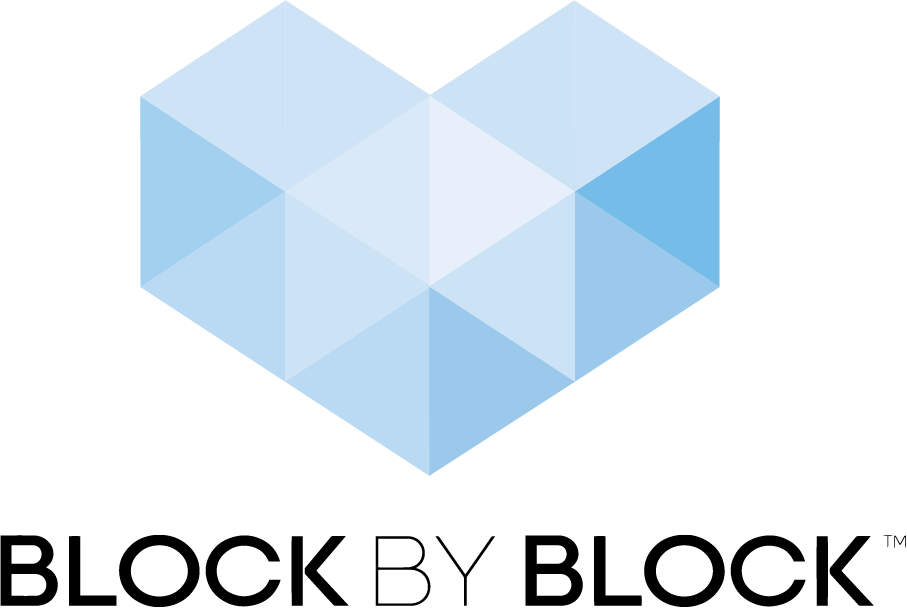LGBTQI+ Safe Spaces in Quito
LGBTQI+ Safe Spaces in Quito
This project raised awareness on COVID-19 safety through urban art and mask distribution while addressing the vulnerabilities of LGBTIQ+ community members.
LGBTQI+ Safe Spaces in Quito, Ecuador
Quito, Ecuador
Project type: COVID-19 Response
Collaborators: UN-Habitat, Dialogo Diverso, Ministry of Culture, Secretariat of Social Inclusion, Local artists, Trans Memories Contemporary Art Center of Quito, City Museums Foundation, LGBTQI+ Community
Region: Latin America and the Caribbean
Tags: micro-interventions, disaster recovery, public health, public safety and security, social inclusion and human rights, COVID-19
“Trans Memories” mural in Quito, Ecuador © Dialogo Diverso
Background
The impact of COVID-19 is widespread, and individuals from marginalized or disadvantaged groups who already experience poorer outcomes in healthcare are often disproportionately affected.
The health and well-being of LGBTQI+ people are particularly affected by the social isolation safety measures because some LGBTQI+ people are already more likely to be socially isolated.
Building Inclusion, Block by Block
Our project aimed to educate the community on COVID-19 through urban art and mask distribution, while supporting the LGBTQI+ community in the neighborhood of La Mariscal, Quito, Ecuador.
With the help of 66 volunteers, we enlivened and educated the community with two stunning murals, reached 22,100 people on social media, and distributed 100 LGBTQI+ masks.
Artist painting © Dialogo Diverso
Progress
This project used public spaces to make vulnerable groups more visible. The illustrations on the mural were the outcome of an engagement process with citizens, including the LGBTQI+ community, who expressed their ideas to a local artist. As a result, two murals were painted, one entitled “Faces of Covid-19” and the other “Trans Memories.” These murals highlighted the daily challenges of the LGBTQI+ community, making them more visible in the public realm.
Art is a process by which reality can be represented, manifesting social advocacy. Through these murals, we hope to continue to amplify the voices of the vulnerable.
“Faces of Covid-19” mural © Dialogo Diverso



